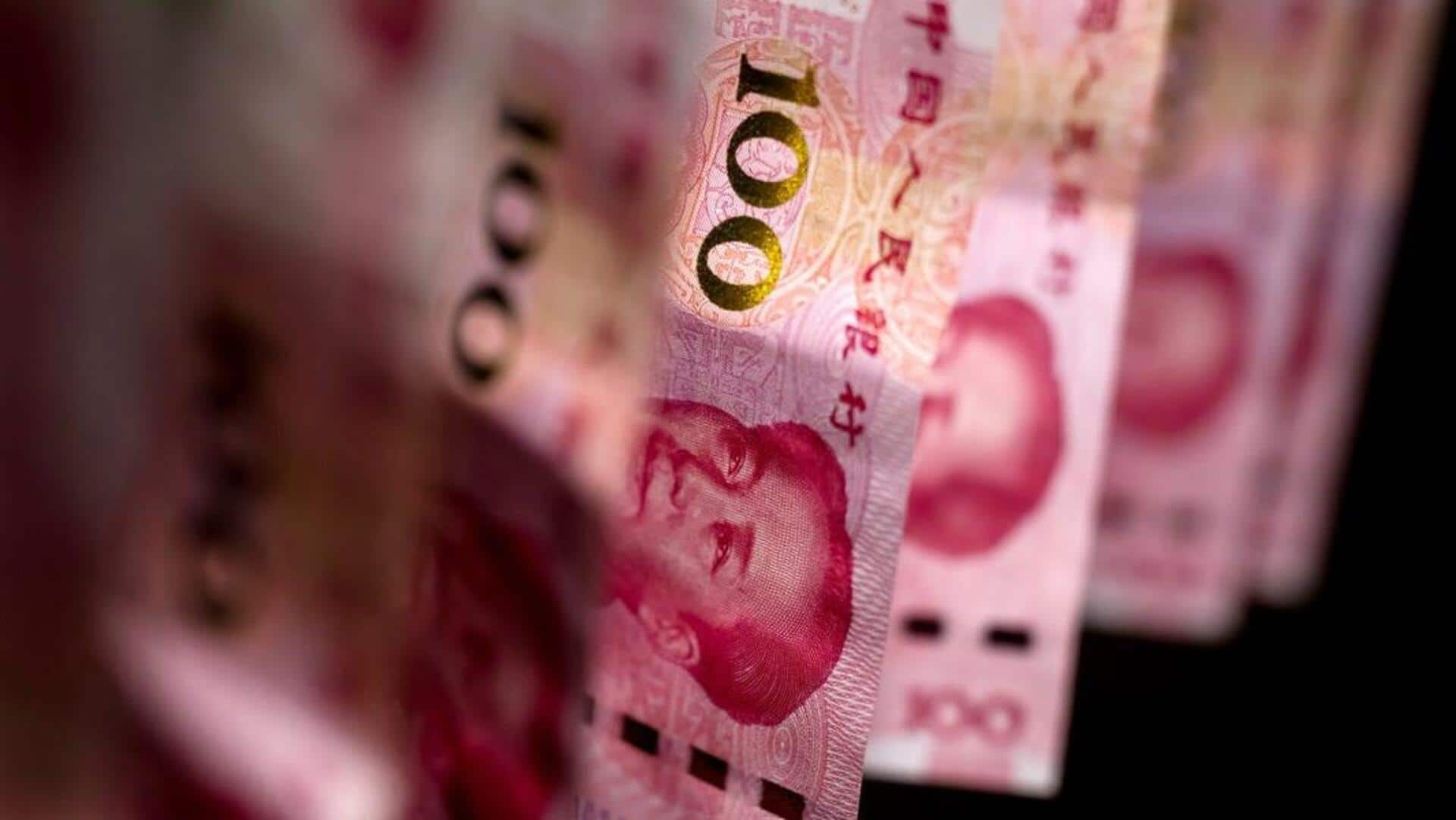
India rejects Russia's demands to pay for oil in yuan
What's the story
India is pushing back against Russian oil suppliers' demands to pay for crude imports in Chinese yuan, as tensions between New Delhi and Beijing continue.
Anonymous senior Indian officials involved in the negotiations told Bloomberg that Prime Minister Narendra Modi's government won't agree to such requests.
Most of India's refiners are government-owned and must follow payment instructions from the Ministry of Finance. Typically, Indian refiners pay for Russian oil imports in dirhams, US dollars, and a small amount of rupees.
Details
Russia's growing demand for yuan
Russia has a surplus of rupees and struggles to use them, while its demand for yuan has significantly increased due to its growing reliance on China for imports.
Russian businesses have been settling more of their trade in yuan, with the Chinese currency replacing the dollar as Russia's most traded currency this year.
While the yuan is sometimes used in smaller transactions, Russian oil suppliers are requesting that the Chinese currency be the main unit of transaction for oil trade.
What Next?
Impact on India's currency internationalization efforts
Promoting the yuan over the rupee may hinder India's currency internationalization efforts and potentially lead to a backlash against Modi's government as it seeks a third term in the upcoming elections.
India was the only nation in the BRICS that opposed the introduction of a common currency, fearing it would eventually favor the yuan.
Meanwhile, Russia finds it hard to spend the billions of rupee assets it has, because the rupee isn't easily exchanged worldwide.
Insights
Payment delays and strained relations
An executive from an Indian oil refiner told Bloomberg that payment for about four to five cargoes had recently been delayed because the parties involved failed to agree on the currency of exchange.
India's reluctance to transact in yuan underscores the challenges it faces in managing relations between Russia, its long-term ally, and China, with whom it has ongoing border disputes in the Himalayas.